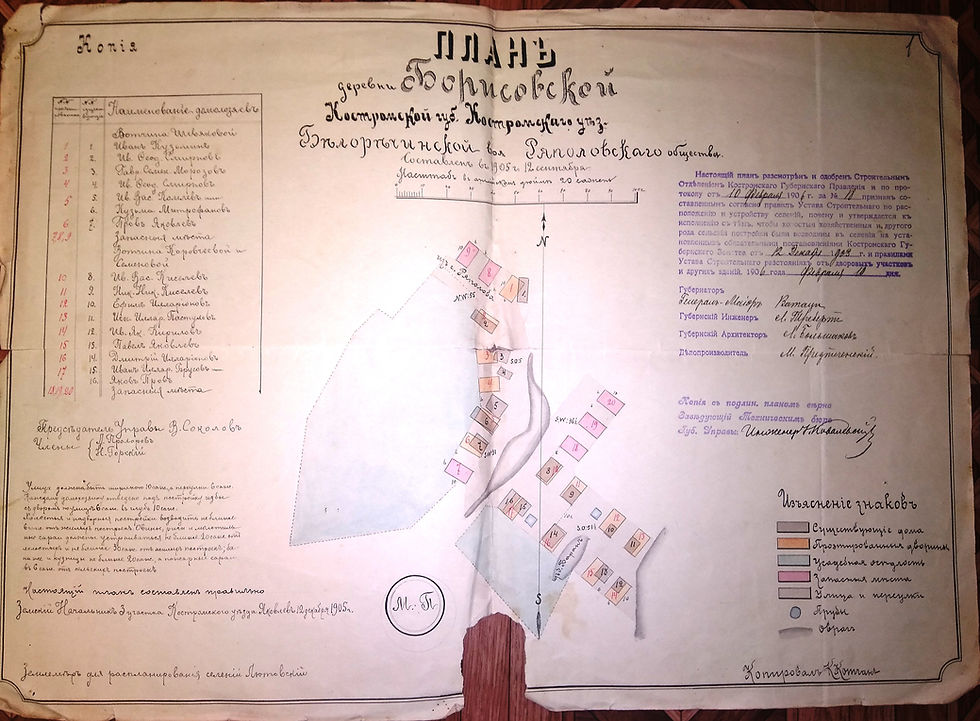Legalised translations
- Yelena McCafferty

- Apr 23, 2017
- 2 min read
Updated: Nov 3, 2024
At Talk Russian we handle projects large and small, and occasionally we are required to liaise with other professionals to complete a project. This is true, for example, on occasions when translated documents require legalisation. While most UK organisations will accept a certificate of authenticity provided by a translation company and signed by the translator as evidence that the translation is true and accurate, authorities abroad may require that the translation should also be sworn or notarised. In terms of what is understood by “legalisation” in the UK, the service is provided by the Legalisation Office which attaches an apostille to the document after checking it and verifying that the signature, stamp or seal are genuine. According to the guidance and based on our experience, translations can be legalised if they have been certified by a solicitor or notary public. In this event, we would complete the translation, certify it before a solicitor or a notary and would post it to our clients for them to obtain an apostille directly from the Legalisation Office to speed up the process and save on costs.
Further details can be found on the website of the Legalisation Office: www.gov.uk/legalisation-document-checker/y/translation.
Apostilles can be provided only in the country where the document was issued, therefore you cannot apostille an original Russian document in the UK. You can, however, apostille a copy of the Russian document which was certified by a UK solicitor or notary as true.
It’s more likely that countries such as Russia or Belarus or Kazakhstan will require that documents should be legalised, in which case the above-mentioned step-by-step scheme works best. However, some foreign authorities insist that the documents should be notarised by a lawyer who is recognised in that country. In this case, it’s best to contact the consulate of the country which usually offers this service.
Legal procedures may sometimes seem daunting and vary from country to country so if you are in doubt, please contact us and we will be able to advise you based on our experience and information publicly available. You can email us at enquiry@talkrussian.com or call on 0207 043 6940 to discuss your Russian language requirements, including translation and interpreting.

This is what an apostille looks like.


Comments